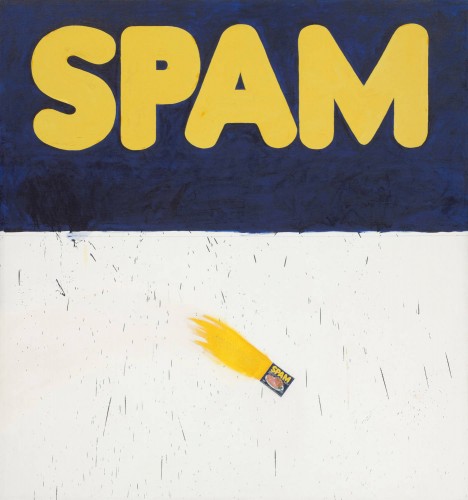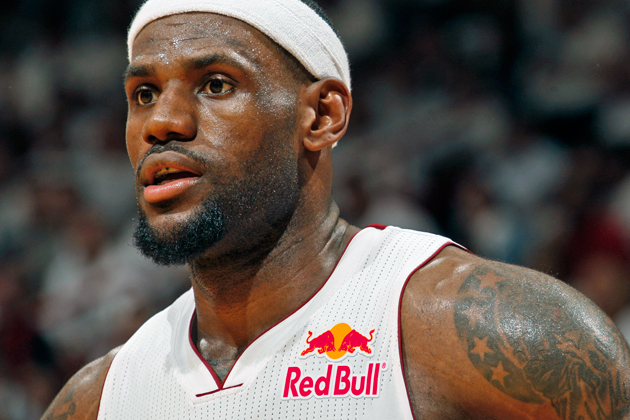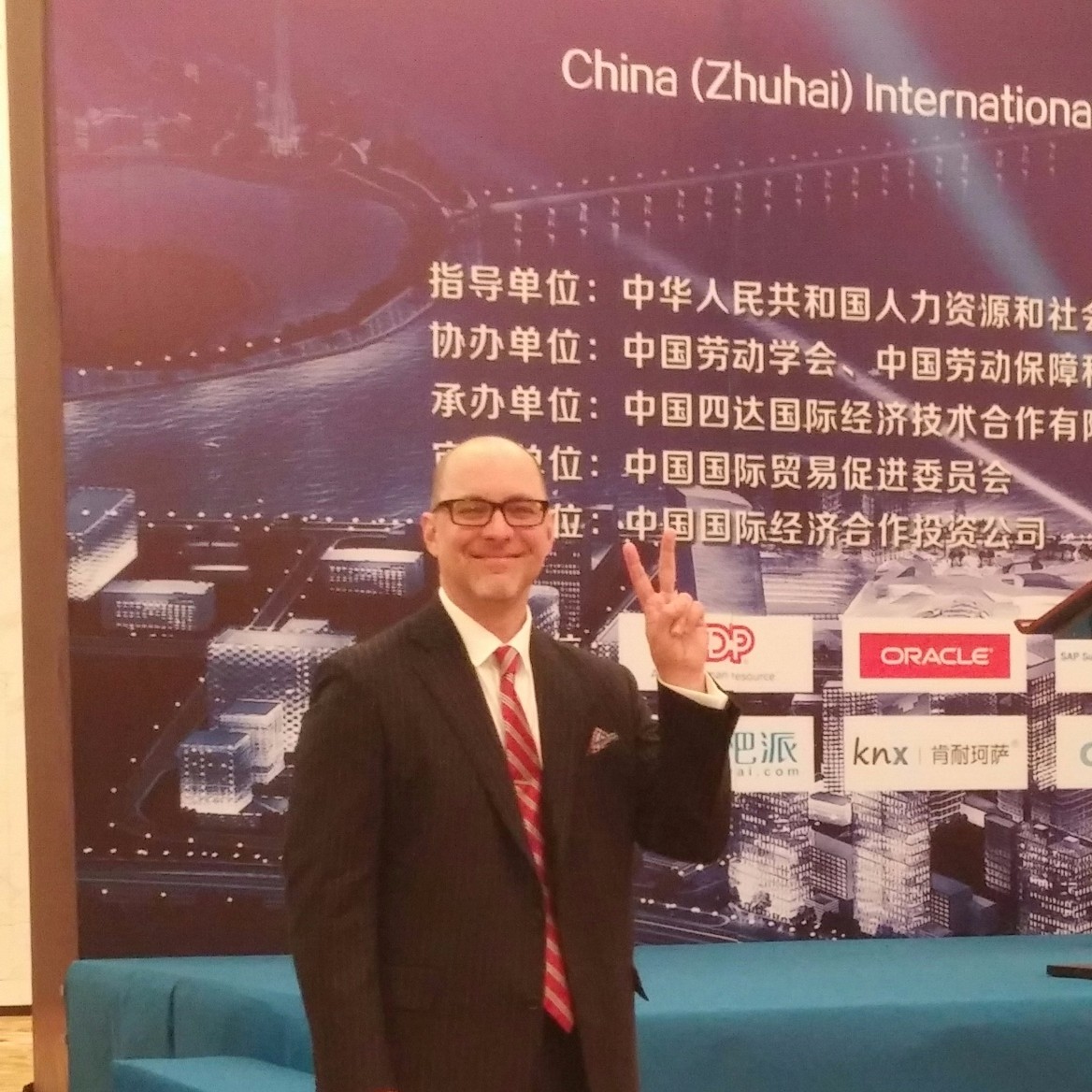Who makes better hiring decisions, man or machine?
Despite two-plus decades of innovation, billions of dollars spent by organizations on HR/Recruiting technologies, and (adding in this one), 139,927,434 blog posts on the topic, hiring still remains stubbornly difficult, is often lengthy and costly, and all too often results in disaster.
There are potentially dozens of individual reasons why this sad state of affairs persists in 2016, but I want to talk about just one in this post - the question of whether or not hiring could be improved if we relied upon people (mainly hiring managers) less, and machines, (automated job fit assessments and similar instruments) more. The source of the rest of the data in this post is from a 2015 NBER Working Paper titled Discretion in Hiring by Mitchell Hoffman, Lisa B. Kahn, and Danielle Li.
In the paper's abstract, the authors set out to answer a simple question:
"Who should make hiring decisions? We propose an empirical test for assessing whether firms should rely on hard metrics such as job test scores or grant managers discretion in making hiring decisions."
According to the authors, hiring is hard and prone to error for two primary reasons. One, resumes, profiles, even interviews are usually not perfectly complete and able to reveal with a high degree of confidence and accuracy who is the best candidate for the job. And two, the people the firm entrusts to make hiring decisions are simply not that good at making these decisions.
They start with imperfect information, then apply (sometimes subconsciously), there own views, preferences, and biases that may not be congruent to the organization's goals to the decision process.
Bad information + inaccurate, possibly biased decision makers = way too many bad hires.
So what might a remedy be to combat the 'bad information' and 'bad decision makers' challenge?
How about improving the information, (not very controversial, surely), and removing the decision makers (possibly more controversial, as most hiring managers will claim they like to, you know, hire).
More from the NBER paper on what they did and what they were able to find:
In this paper we evaluate the introduction of a job test, and develop a diagnostic to inform how firms should incorporate it into their hiring decisions. Using a unique personnel dataset on HR manager, job applicants, and hired workers across 15 firms that adopt job testing, we present two key findings. First, job testing substantially improves the match quality of hired workers: those hired with job testing have about 15% longer tenures than those hired without testing. Second, managers who overrule test recommendations more often hire workers with lower match quality, as measured by job tenure.
This second result suggests that managers exercise discretion because they are biased or have poor judgement, not because they are better informed. This implies that firms in our setting can further improve match quality by limiting managerial discretion and placing more weight on the test.
Less manager input/discretion in hiring led to better hiring outcomes. Across the board in this study.
A few caveats worth mentioning, (and you should, if you are so inclined, read the entire paper here).
This study was performed across a dataset of 15 firms hiring for high volume, lower skill kind of roles - think something like data entry, call center, that kind of thing. The kinds of jobs where it is relatively easier to come up with an accurate job test/assessment, and ones where the primary measure of hiring success is often retention.
Also worth noting is that the researchers controlled for other measures of employee success like productivity, i.e., they were able to determine that when hiring managers overruled the job test scores in making hiring decisions that they were not in fact sacrificing longer tenure for increased near-term efficiency.
Essentially, for this category of low to mid-skilled service roles, the researchers were able to show that all things being equal, additional managerial input and discretion into the hiring decision process only served to lead to worse hiring outcomes.
I will close with one more line from the study's conclusion section:
In our setting it provides the stark recommendation that firms would do better to remove discretion of the average manager and instead hire based solely on the test.
But that conclusion only holds true for the 'average' manager, right?
I'm sure your managers are way above average when it comes to making hiring decisions.
Right?
Discretion in Hiring, Mitchell Hoffman, Lisa B. Kahn, Danielle Li, NBER Working Paper 21709, November 2015

 Steve
Steve



